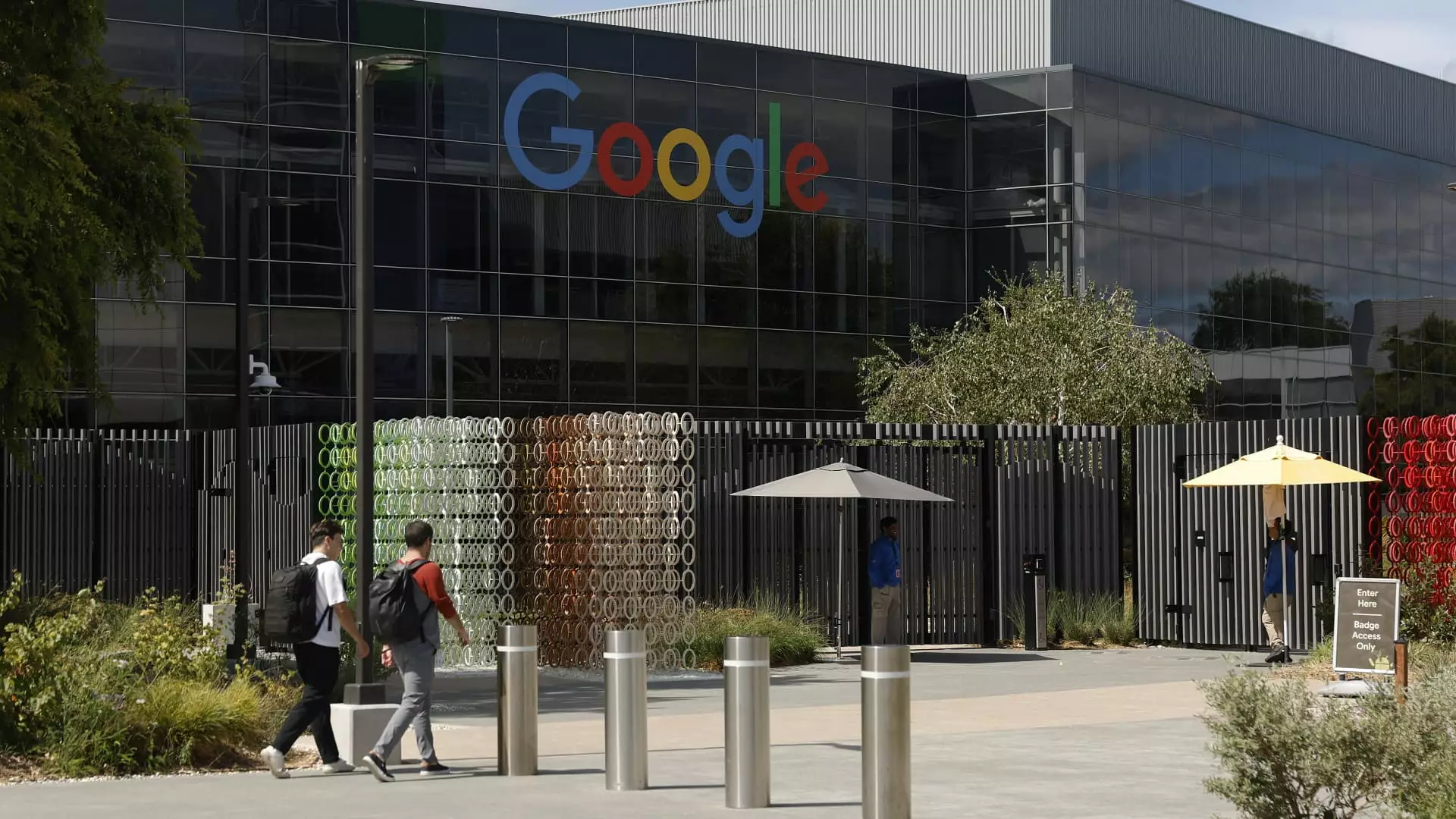In the current frenzy surrounding artificial intelligence and tech dominance, many investors seem intoxicated by the promise of rapid growth and technological revolution. However, this narrative dangerously oversimplifies the complexities involved. Relying heavily on AI as a gold standard for future earnings overlooks the inherent risks—such as escalating regulation, ethical dilemmas, and potential market saturation. The focus on short-term gains, fueled by hype around companies like Google and Meta, risks diverting capital from steady, long-term investments that could yield sustainable growth. The obsession with AI-driven valuations masks the reality that technology markets are unpredictable, with yesterday’s winners often becoming tomorrow’s has-beens. This tunnel vision could lead investors to overvalue companies based solely on speculative potential rather than fundamental strength, creating a bubble akin to what preceded past market crashes.
Questionable Regulatory Rollbacks: A Short-Sighted Strategy?
President Trump’s recent proposals to reduce costly financial reporting requirements for publicly traded firms signal an alarming shift toward deregulation. While proponents claim this will allow management to focus on core operations, the implications for transparency and investor confidence are troubling. Reduced reporting frequency may lead to a dangerous information gap, making it more difficult for investors to detect underlying problems or mismanagement. Such moves also risk weakening institutional checks that keep markets honest. A lax regulatory environment might seem advantageous in the short term to benefit corporations, but in the long run, it diminishes market integrity and undermines the trust that sustains investor participation. This approach prioritizes immediate savings over a prudent, sustainable market structure, risking future instability.
The Illusion of Economic Resilience Amid Market Euphoria
While stock indices like the S&P 500 and Nasdaq reach new heights, driven by artificial intelligence enthusiasm and speculative trading, this buoyant environment conceals underlying economic vulnerabilities. Recent political actions—such as the firing of the Bureau of Labor Statistics Commissioner—highlight a disturbing tendency to manipulate or dismiss crucial economic data to suit ideological aims. Such actions threaten to distort the macroeconomic landscape and erode the credibility of fundamental indicators that guide investment decisions. An overly optimistic market fueled by complacency and manipulated data can foster dangerous complacency among investors, leaving them ill-prepared for inevitable downturns. Genuine economic health cannot be defined solely by soaring stock prices or lofty valuations driven by hype; it requires honest data and sustainable growth policies.
Corporate Dominance and Market Concentration: A Double-Edged Sword
The narrative of tech giants like Google consolidating their market power through AI and data advantage invites skepticism. While Alphabet’s dominance seems to promise continued growth, it also raises concerns about market monopolization and reduced competition. Analyzing Alphabet’s strategic position reveals a winner-takes-all dynamic that could stifle innovation beyond a handful of big firms and limit consumer choice. The reliance on vast data pools like YouTube reduces the competitive landscape, entrenching the market position of a few players at the expense of smaller, disruptive innovators. This concentration threatens the vibrancy and resilience of the tech sector, making it more susceptible to regulatory crackdowns and political interference. Ultimately, unchecked dominance by a few corporations risks creating an uneven playing field and reducing the overall dynamism of the economy.
In the end, the current enthusiasm for AI and deregulation must be scrutinized skeptically. While technological advances and market growth are vital, they should not come at the expense of transparency, competition, and responsible governance. A balanced, centered approach that values prudent regulation and sustainable innovation is essential to safeguard our economic future.

